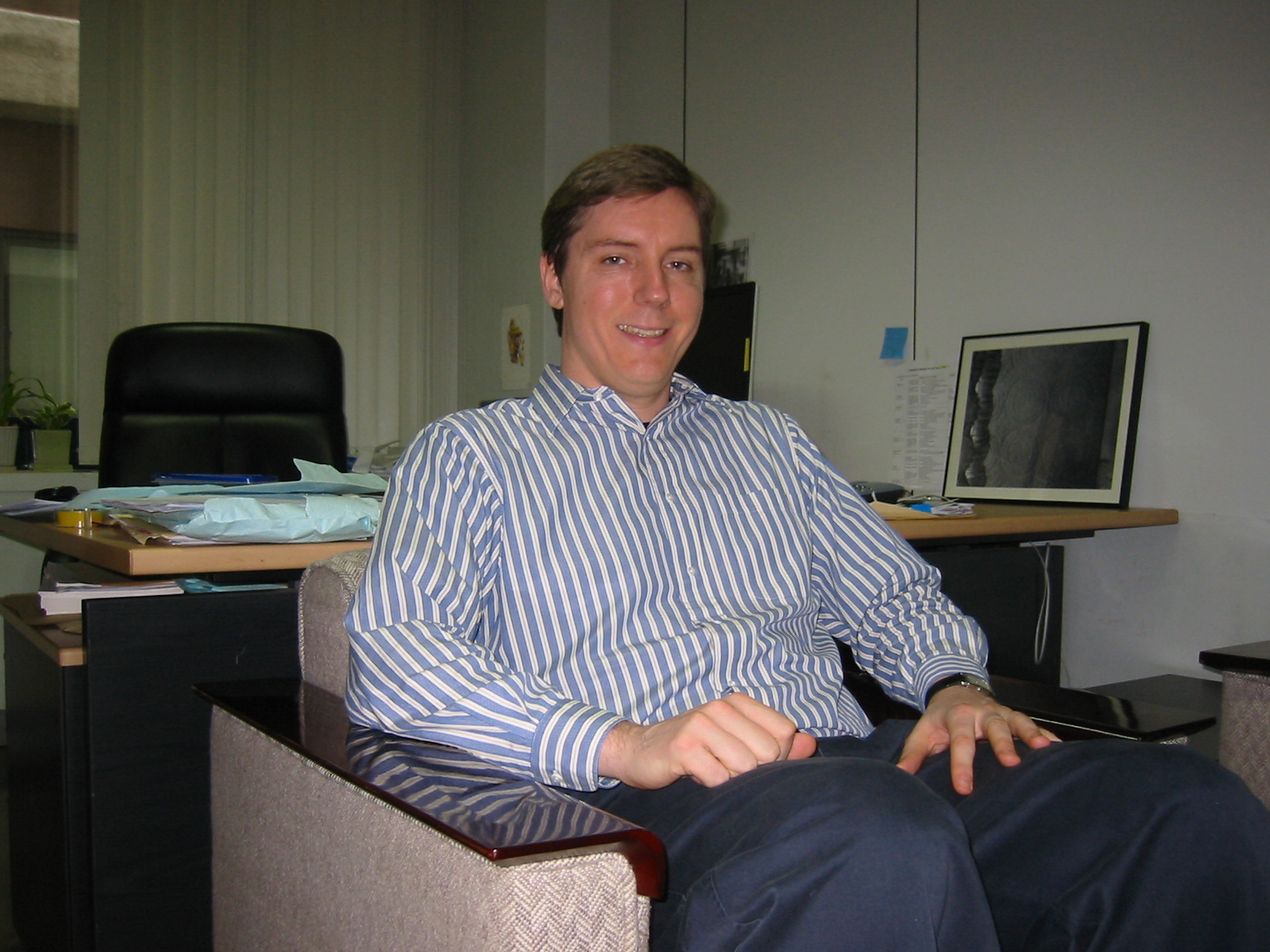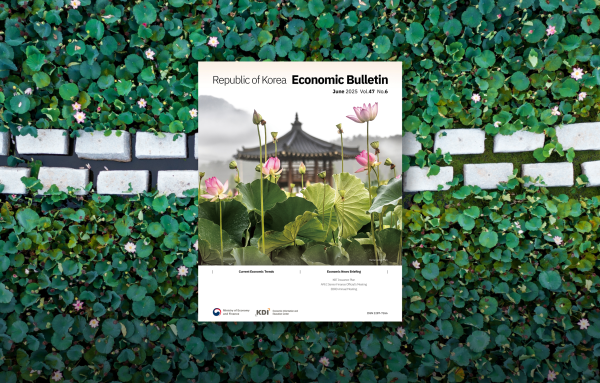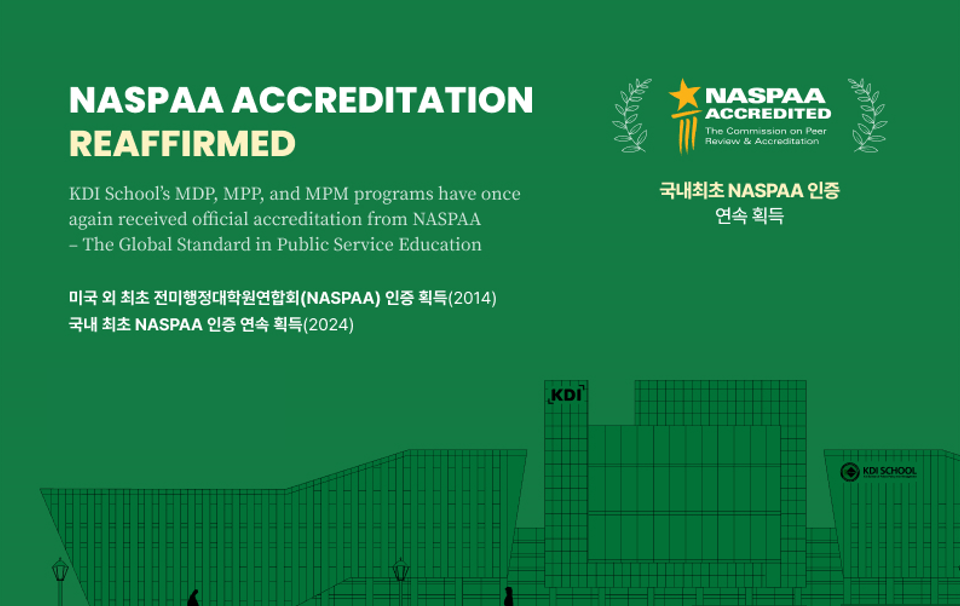
Are public speaking skills for everyone or just for politicians?
- Date 2007-05-01 08:14
- CategoryResearch and Education
- Hit2092

Jason Jarvis, a lecturer at the KDI School, is a long time debate coach and is one of the most successful debate coaches in Korea. For many years he has been a faculty member of the World Debate Institute (WDI) and is currently supervising the KDI English Debate Union (KDI EDU). Jason’s extensive debating experiences have enriched him with a breadth of knowledge and skills that will prove to be helpful to the students of the KDI School.
“The goal of KDI EDU is not only to enhance the ability of participants to communicate in English, but also to provide students, teachers and anyone who is interested with the skill that is involved in being a debater or a public speaker,” says Jason. “KDI EDU aims at imparting to those who are participating that debating skills are not those only used by politicians who have a tendency to focus on promises but actually concrete and essential skills that everyone needs and can use in everyday lives.”
Very often, instructors of debate focus only on a particular or specific debate style or format, and emphasize that debate is a competitive exercise. Instead, debating should be seen as the underlying skills which help develop the critical mind; and also as advocacy skills which are central to the advancement of productive and useful social concepts. In order to achieve these aims in debate, three key elements must come together.
The first element is argumentation. Argumentation is the use of reasoning and logic to strengthen one’s points and convincing the audience of the feasibility of those arguments. The second element is construction of ideas and concepts that culminate into a process of persuasion. All the tools one possesses come together to produce a systematic composition of facts and logic that will effectively deliver the argumentation to the audience. The final element is critical thinking skills which require the capacity and predilection to seek rational grounds for accepting or rejecting certain beliefs.
In a debate, Jason explains that each of the two competing sides are expected to decide whether to choose the affirmative or opposition side prior to the debate, and then prove that whichever side they have chosen to support is more persuasive. He says that the objective of debate competitions is not the pursuit of “truth”, but rather, the pursuit of finding evidence.
It’s important for participants to realize that debating goes beyond format. The skills involved in debating are useful whether you are writing an email message or giving a presentation to an audience. Debating skills come in handy even when writing an essay, opinion column, or a casual letter. However, because the most visual feature of debate involves public communication KDI EDU also provides basic instruction to develop public speaking skills - not only gestures, vocal variety and volume projection, but also how to compose “critical messages” and “organize information” to create comprehensive packages of ideas that one can effectively deliver to the audience. These skills are necessary in becoming a good public speaker and are mainly dealt with in the advanced English class for KDI students, called the English for Global Studies and Practice III class.
“Research shows that public speaking is the most commonly felt fear by most people, especially in the United States. And I am very sure it is true in some other cultures like Korea that people are anxious and concerned when they have to stand up and give a speech in public,” Jason says. “When we have something meaningful to say, with a small amount of (debating and public speaking) training and a little bit of practice, everyone can present complex and important ideas and have informed opinions that can make a difference.”
By Sophaseila SAKETT (2007 MBA)
Related News
-

Research and Education16 days ago
Republic of Korea Economic Bulletin, July 2025#KDI #Economic #KDISCHOOL #kdischool #Economic Bulletin #Research
-

Research and Education44 days ago
Republic of Korea Economic Bulletin, June 2025#KDI #Economic #KDISCHOOL #kdischool #Economic Bulletin #Research
-

Research and Education78 days ago
Republic of Korea Economic Bulletin, May 2025#KDI #Economic #KDISCHOOL #kdischool #Economic Bulletin #Research


